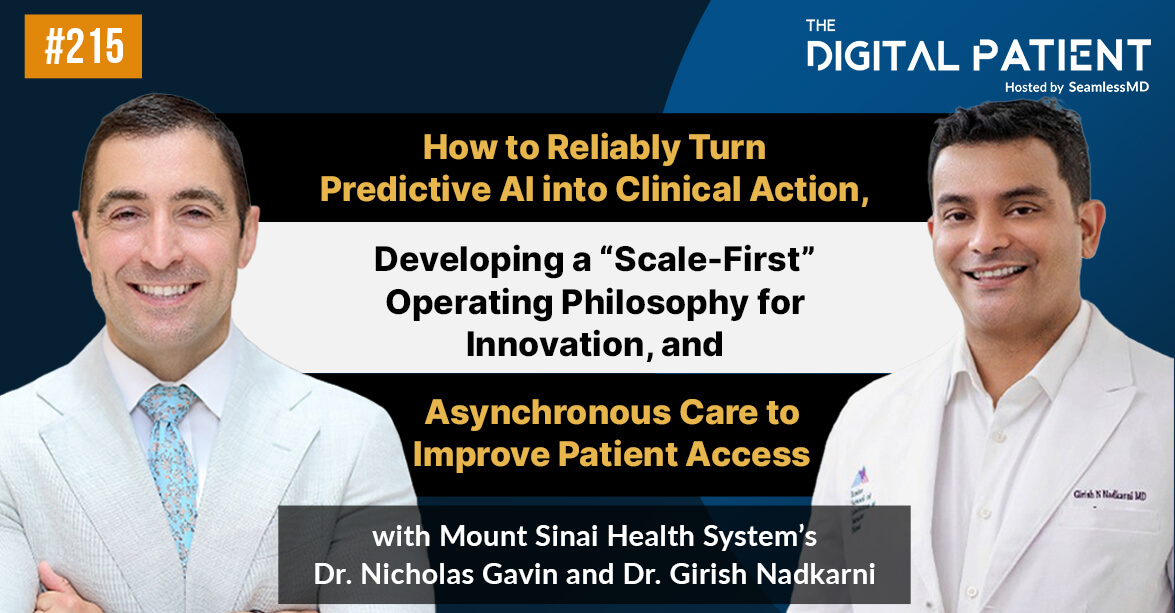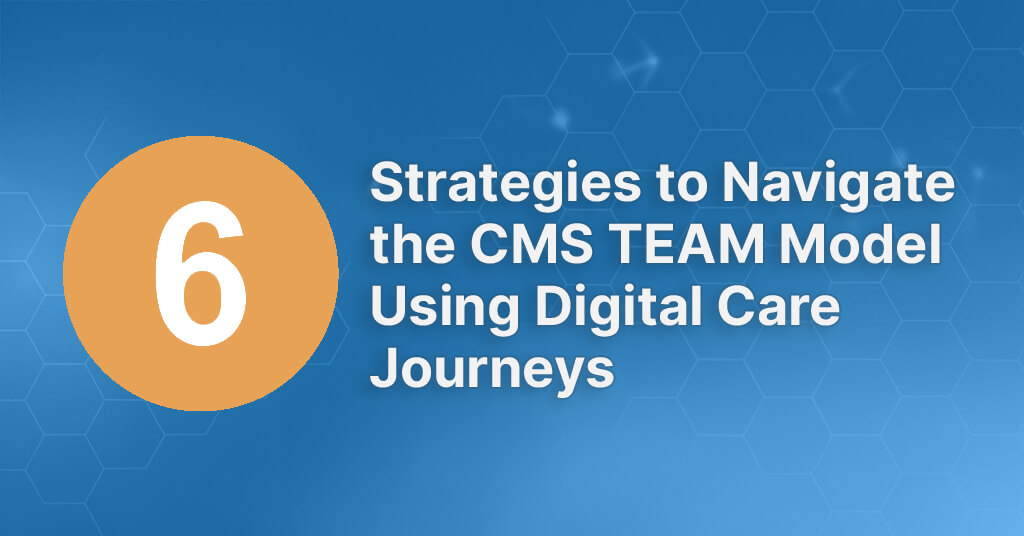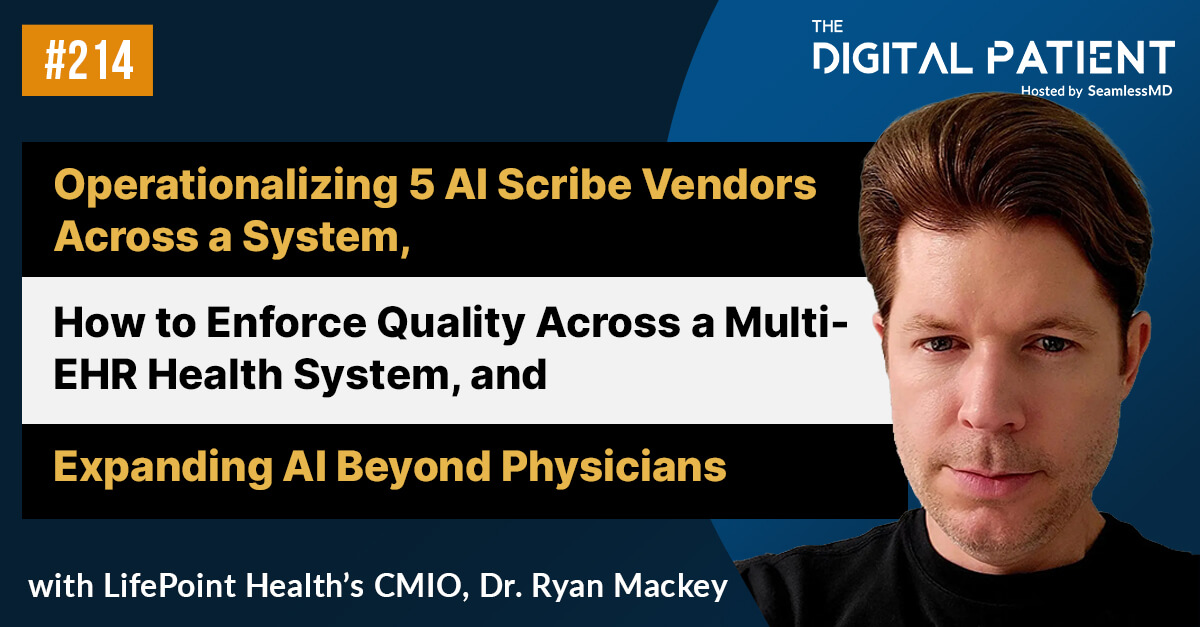Dr. Daniel Chu, Colorectal Surgeon and ERAS Medical Director at UAB Health System, recently did a podcast interview on his health system's experience partnering with SeamlessMD to engage, monitor and optimize patients across the perioperative continuum. UAB has been using SeamlessMD for its Colorectal Surgery program since 2017, and recently announced its expansion of SeamlessMD to its Gynecology, Cardiac and Thoracic Surgery programs.The interview was conducted by UAB MedCast - a Continuing Medical Education (CME) podcast that highlights the latest clinical and research innovations at UAB Medicine.Click here to listen to the entire interview.Below are a few quotes from Dr. Chu on how UAB has used SeamlessMD to improve care in a variety of ways.
On remote patient monitoring:
"One of the things that Seamless does too is it’s built real time. So literally we can log in and see all of our patients, almost like on a radar screen. We can see what patients are saying in terms of how they feel, what their pain responses are like, if there’re any issues.It can literally be a red alert that’s set for patient’s that are having issues who are responding to questions saying I have an issue. That for now prompts basically a note to one of our nurses who can actually then get that red alert and then call the patient and follow up and help take care of the issue.This actually happened last week where we had a patient respond to a Seamless question not doing well and my nurse was able to almost immediately respond within 10 minutes. The patient was so surprised, but it really got that patient out of trouble."
On tracking opioid use:
"With Seamless, we’re actually able to chart the number of opioids that patients are using. The patients can even tell us through this application how many pills they're using. So, we actually have a map now that we can see across.We can kind of track globally what the common opioid utilization behaviors are. That can help us tailor our own opioid prescriptions that we give patients."
On the patient friendly user experience:
"So, it’s extremely user friendly. That’s part of the reason why we partnered with them is that we really liked how it looked just from the very get-go. Surgery is very, very confusing. The way we've presented the information to patients before hasn’t been very good. Seamless helps us do it better. It’s constantly engaged with patients. There’s an incredible education library that is there that’s very much picture based. Very visual instead of being text heavy. That patients can help understand how to take the bowel prep, how to change an ostomy. So that’s there, and that takes some of the load off of the nurses that we have in terms of education."
Congratulations Dr. Chu and the UAB team - we look forward to more great success together!
.svg)









.png)
